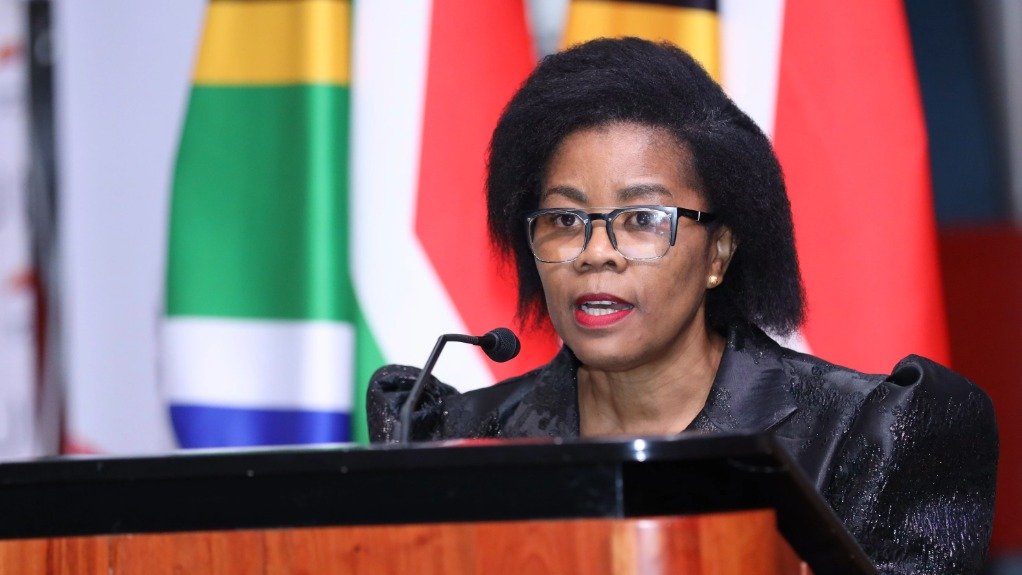University of South Africa (Unisa) Vice-Chancellor Professor Puleng LenkaBula on Friday noted her appreciation and excitement at hosting the country’s first National Convention, expressing hope that it will provide citizen-driven solutions and outcomes.
The controversial Convention proceeded despite the decision of some legacy foundations and political parties to withdraw at the eleventh hour.
Speaking at the Convention underway at Unisa, in Pretoria, LenkaBula said the National Dialogue, which will follow a set of National Conventions, provides an opportunity for citizens to “reclaim the great South African promise” of a better quality of life, governance system and social coexistence for all.
In June, President Cyril Ramaphosa said that in the wake of government’s engagements with various entities, there was broad agreement on the need to convene a National Dialogue, given the challenges facing the country.
LenkaBula explained that Unisa being part of the process to ensure knowledge was transformative and revolutionary, created opportunities for engagement, for cohesion and social capital.
“…even amongst friends there is opportunity for success. In a project for emancipation, it is important that universities are partners,” she said.
Unisa is providing the venues for the plenary, overflow venues with livestream services, 10 breakaway venues, dining area and work areas, all free of charge.
Unisa is also providing facilities for an operations centre, which has been running over the past week with catering, ushers, audio-visual services, printing of discussion documents, signage, conference bags, notepads, pens and WiFi.
LenkaBula said she was hopeful citizens would use this opportunity, and the processes that followed, to debate and find solutions to create the South Africa that citizens wanted.
She said that in the true African spirit of Ubuntu, talking begins from the eye.
“… the humanity of all parties must be affirmed and what follows is the sharing of ideas of space and imagination about the past, present and the future, so that we can co-create life, nature, the environment and produce the technologies that make life possible under the sun, including humanising civilisation,” she said.
She said that women, children and the peoples of Palestine, Sudan, the Democratic Republic of Congo, Ukraine and Russia must “first see each other”, before they caould talk and find lasting solutions for peace.
She said the future could be reclaimed together only when individuals saw the humanity in each other.
EMAIL THIS ARTICLE SAVE THIS ARTICLE ARTICLE ENQUIRY FEEDBACK
To subscribe email subscriptions@creamermedia.co.za or click here
To advertise email advertising@creamermedia.co.za or click here











